
The GNI Startups Lab Hispanoamérica program was created and launched in mid-2021 by Sembramedia, with the support of Google News Initiative, and its objective is to strengthen the structures and business models of 10 digital native media in Latin America.
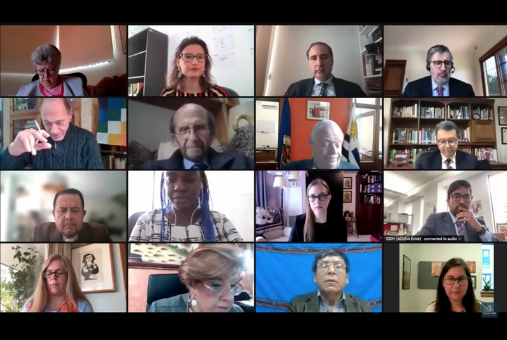
Two important cases for freedom of expression on the continent were heard during the most recent Period of Sessions of the Inter-American Court of Human Rights (I/A Court HR) that ended on June 25: one about community radios in Guatemala, and the other about of case of the newspaper El Universo in Ecuador.
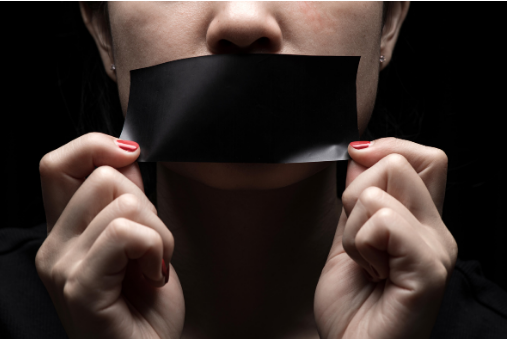
Between January and June of 2020, Voces del Sur, a Latin American initiative, registered 630 aggressions against the press in the region. These went on the rise or worsened after governments issued a health emergency.
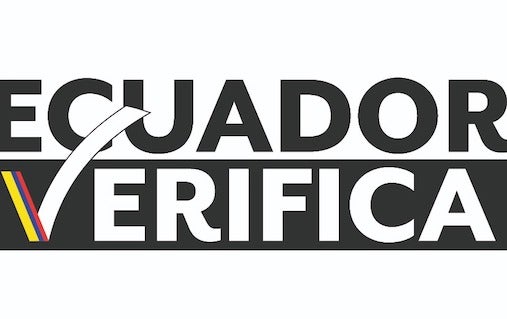
The initiative, according to the organizers, is unprecedented in Ecuador and is inspired by similar initiatives in Latin America, such as Verificado in Mexico and Projeto Comprova in Brazil.
The organization recorded 30 cases in which police officers violently advanced against journalists, photographers and cameramen from digital, print and televised media outlets.
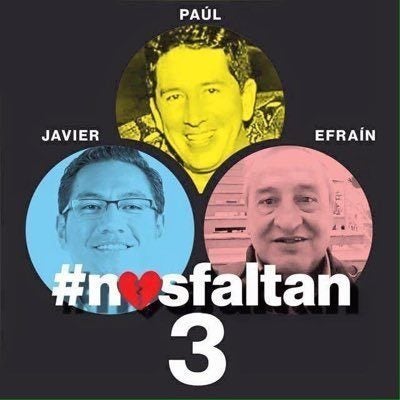
"For us it is a total mistake. Reducing the risk for journalists to four criminal risks is not recognizing that the main risks and aggressions have come from the State in the last 12 years," César Ricaurte said
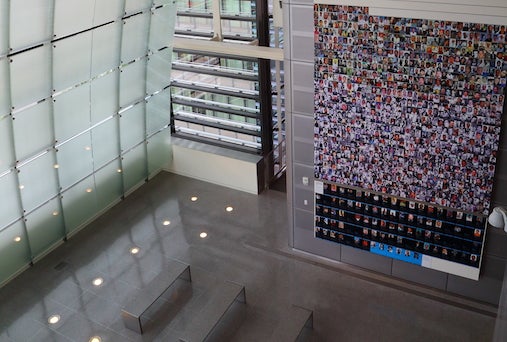
The late Juan Javier Ortega Reyes and Paúl Rivas Bravo from newspaper El Comercio of Ecuador are among the 21 press professionals whose names will be added to the Journalists Memorial at the Newseum in Washington, D.C.
After a second and final debate, on Dec. 18, Ecuador's National Assembly approved reforms to the country’s Communication Law (LOC, for its acronym in Spanish), indicated by experts as the most repressive on the continent.
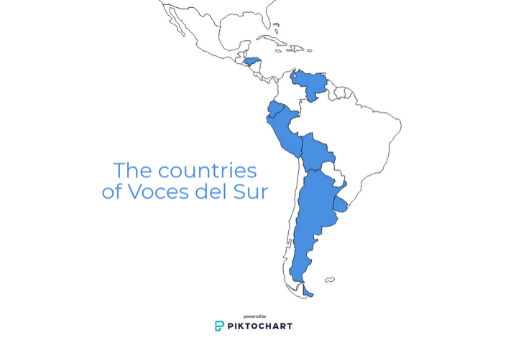
United not only by cultural and geographical similarities, but also by the type of problems that their countries face politically, economically and socially, seven journalistic organizations have formed the Voces del Sur alliance to systematize the monitoring freedom of expression in their countries.
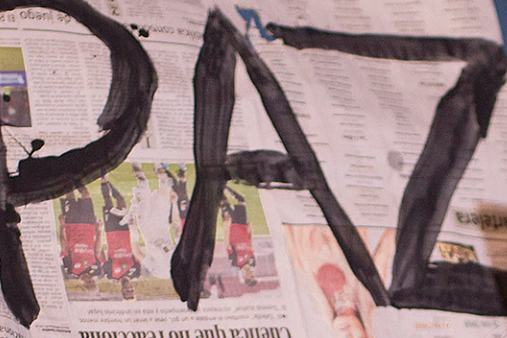
For more than four months, 19 Ecuadorian and Colombian journalists from different media, along with national and international organizations, followed the tracks of three press colleagues abducted and murdered on the border between the two countries earlier this year.
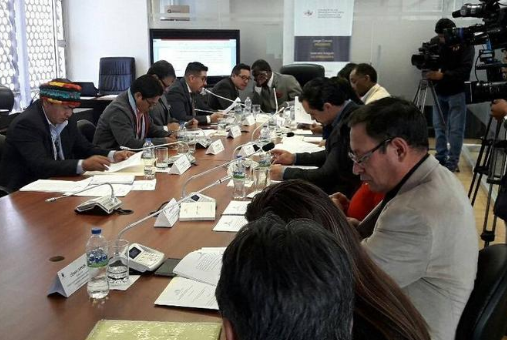
Ecuador’s Organic Law of Communication (LOC, for its initials in Spanish), considered by press freedom organizations as the most repressive law of the continent, could be reformed before the end of 2018.
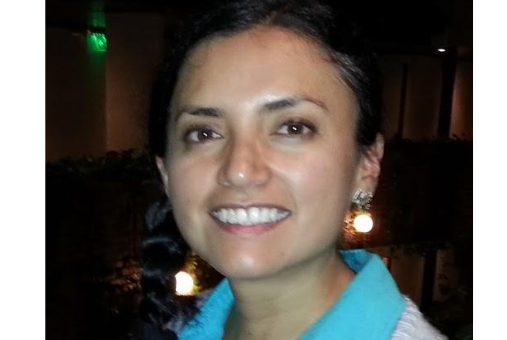
Data verification, or fact-checking, of facts of public interest and declarations of public figures has become a worldwide trend. This practice goes back to one of the basic principles of journalism, like the contrasting of sources.